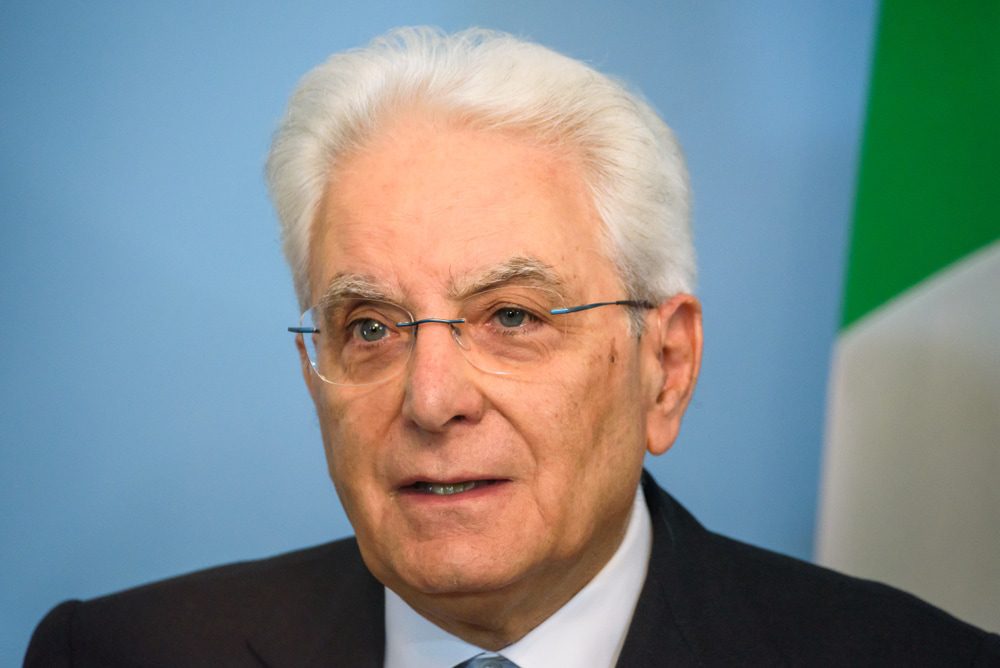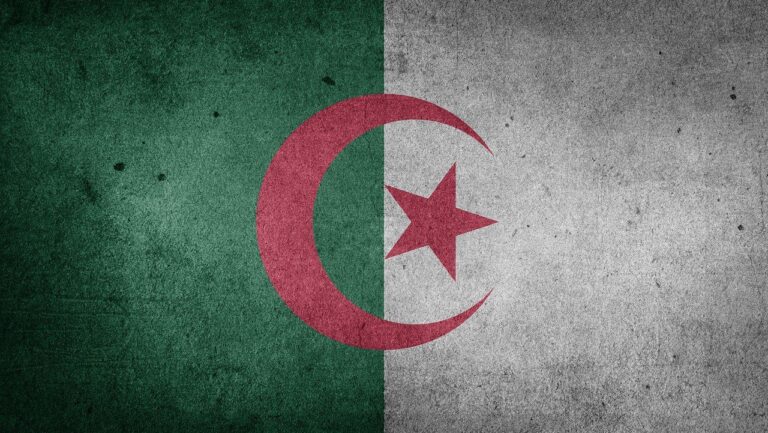President Sergio Mattarella has been officially re-elected for a second term as head of the Italian Republic. The 80-year-old will begin his second term on February 3rd, after accumulating 759 of the 983 votes cast, making him one of the most successfully elected presidents in the history of the Italian Republic.
Mattarella’s election comes after a chaotic week of voting, during which all possible combinations of political alliances and putative candidates were tried by Italian parliamentarians.
The re-election of the outgoing president was the only solution that the Italian political class could find to ensure that Prime Minister Mario Draghi—who appeared to be the only one able to reassure the financial markets and ensure the proper implementation of the stimulus plan for Italy—would remain in government. Even though Mario Draghi seemed to be the favourite in the election, especially in the eyes of the international press, no party formally presented him as its candidate, because parliamentarians were very aware of the risks involved if Draghi left the government. Early parliamentary elections would have been inevitable in this scenario.
The Italian right wing, which seemed to be in a position to win the election, ultimately revealed its weakness. President of Lega Matteo Salvini tried unsuccessfully to impose the candidate of his choice, Senate President Elisabetta Casellati. He then entered into negotiations with the centre-left and the Movimento 5 Stelle (M5S) to elect another woman, Elisabetta Belloni, head of Italian intelligence, but this possibility was obstructed by the Forza Italia party, once again condemning Salvini’s manoeuvres to failure.
While these complex negotiations were taking place, a little whisper gradually began to be heard in favour of Sergio Mattarella, who as the successive votes were held, began to gather more and more votes, from 16 votes in the first vote to 387 votes on Saturday morning, January 29th. The former Prime Minister Silvio Berlusconi threw his support in for Mattarella on Saturday, and then Salvini likewise followed suit. He was strongly criticized for that by President of Fratelli d’Italia Georgia Meloni, who characterized his choice as one of “scandalous opportunism.” One unknown factor remained: Mattarella’s desire to run for a second term, since he had made it clear that he did not wish to run again, given his age. Mario Draghi was responsible for sounding him out and finally obtaining his agreement, as had happened with Giorgio Napolitano in 2013, who ended up staying in office after his first term.
The choice for Mattarella therefore means the choice for stability for Italy, but a fragile stability nonetheless, one guided by financial demands. Given the president’s age, Italian voters may have to return to the polls before the end of his second term. Mario Draghi’s government remains unchanged.





